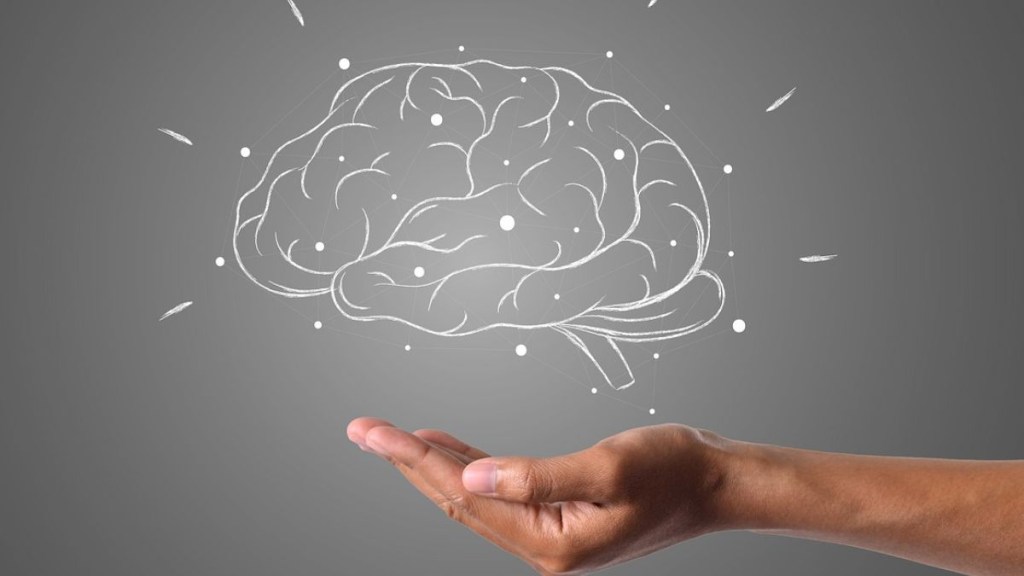As we grapple with the intricacies of aging, questions about long-term health and potential cognitive decline often become prominent. The specter of illnesses like dementia looms, especially when witnessing loved ones facing such challenges. Amid worries, we may notice our thinking skills diminishing, making us question if it’s typical forgetfulness, aging, or early dementia signs.
Neurologist Richard Restak, in his book ‘How to Prevent Dementia: An Expert’s Guide to Long-Term Brain Health’, offers insights into the commonality of memory lapses. Stress, he notes, can contribute to difficulties in memory and name recall. However, he advises against undue worry, distinguishing normal forgetfulness, like misplacing keys, from more concerning signs.
Recognizing the distinction is crucial. Linda Clare, a professor specializing in aging and dementia, emphasizes that dementia-related memory loss is marked by significant gaps, not typical of ordinary forgetfulness. Issues like forgetting a recent conversation or struggling with familiar tasks may indicate a deeper concern.
The road to diagnosis often involves a visit to a memory clinic through a GP referral when cognitive changes raise red flags. Clare emphasizes the importance of seeking medical attention, as various health issues beyond dementia could underlie cognitive symptoms.
While stress is an inevitable part of life, managing it becomes imperative for cognitive well-being. Restak advocates for stress reduction, asserting its positive impact on cognitive function. Clare suggests breaking the cycle of health-related worry by focusing on self-care, acknowledging that small lifestyle changes can make a significant difference.
Maintaining a mentally demanding job, engaging in complex mental activities, and building cognitive reserve emerge as protective measures. Restak’s concept of “cognitive reserve” underscores the brain’s adaptability throughout life. Stimulating mental functioning through new activities and learning experiences helps build resilience against cognitive decline.
Novels and puzzles, demanding working memory, are valuable tools. Restak encourages activities that challenge the mind, from learning new languages to keeping abreast of technology. Quality sleep, particularly naps, contributes to memory consolidation.
While these measures don’t guarantee immunity to dementia, they can lower the odds. Genetics plays a role, but lifestyle choices, including moderate alcohol consumption, regular exercise, a healthy diet, cardiovascular health, and social engagement, collectively contribute to brain health.
Navigating through the uncertainties of aging, embracing a proactive approach to mental well-being becomes a powerful ally. Whether adopting stress-reducing strategies, engaging in mentally stimulating activities, or prioritizing a good night’s sleep, every positive step contributes to building cognitive resilience. It is never too late to bolster the cognitive reserve and enhance overall health.








